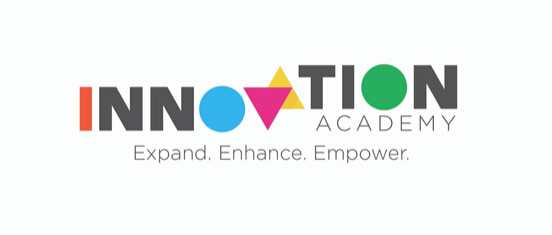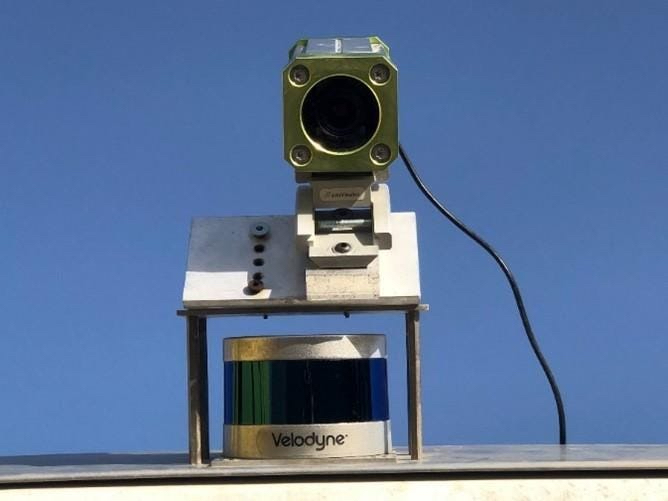San Antonio, Texas, USA
Innovation & Problem Solving for the People in San Antonio.
Project Type:
Cross-Sector, Education, Finance, High-Performing Government, Infrastructure
2023 Gold Certification
Concerned about an uptick in the number of older homes being demolished, the City of San Antonio and community stakeholders gathered data on the impacts of demolition and possible alternatives. They found that over the past decade, $16 million worth of salvageable building materials and 170,000 tons of waste had been sent to landfills through the demolition of homes built prior to 1960. Demolitions were also releasing airborne toxic pollutants into neighborhoods with larger numbers of Hispanic households and households with lower incomes. In 2022, the City Council adopted a deconstruction ordinance to advance the City’s health and equity goals, create jobs and preserve affordable housing.
2021 Silver Certification
Trained city staff in data analytics to develop better cross-departmental solutions that focus on improving resident outcomes.
Launched an app to streamline students’ digital access to public libraries and school library resources.
Created a Budget Equity tool that considers racial and economic equity in the budget-making process by using data and evidence to ensure services reach areas of need.
The Beginning of Data
One-hundred years ago, a hurricane hit Texas and caused severe flooding in San Antonio. To prevent future floods, architect Robert H. H. Hugman proposed connecting different portions of the City’s central storm sewer system into a loop connecting to the San Antonio River, setting the stage for pedestrian promenades, boat tours, and new businesses. It took a few decades to build, but the Riverwalk is now an iconic part of the City visited by about nine million tourists a year. It stands as a prime example of San Antonio’s tradition of problem solving that continues to drive the City forward in the 21st century.
Today, that tradition is alive and well in the City’s Office of Innovation. It was founded amidst the financial crisis of 2008, tasked with finding ways to do more with less. Over the last 10 years, however, the focus of the office has expanded beyond identifying process improvements and efficiencies. In recent years its staff has begun working with departments across the City to build a data-oriented culture, with a focus on foundational practices including performance & analytics, evaluations, and general management.
The City of San Antonio, Dillard says, is a highly collaborative place where silos are being dismantled in favor of creative partnerships that tap into and cultivate talent. A notable example of this: the City’s Innovation Academy, which is a joint project of the Office of Innovation, the City’s HR department, and Alamo Community Colleges (ACC). Launched in 2020, the Academy trains creative problem-solvers across city departments who have leadership potential and a proposed innovation project toward which they want to apply new skills.

ACC offers city staff intensive courses customized to meet the needs of the City in three specific areas: process redesign, human-centered design, and data analytics. The Academy runs two cohorts a year; participants attend 14 full-day sessions spanning 10 weeks and collaborate on projects. The Innovation Academy’s current cohort comprises senior leaders from across departments and members of the IT department. The idea is that mixing staff from different parts of government helps break down silos, and Academy graduates will pass on their knowledge to colleagues and the staff they manage.
“The structure of Innovation Academy operates like a virtuous cycle, with each cohort helping to build the ecosystem for innovation. It’s a force multiplier.”
Data plays a foundational role in the Academy — and increasingly, in the City itself. “We believe that if you can’t measure it, you can’t manage it. This idea is core to the academy and it’s helping us report on the value of graduates’ projects,” Reat says. Those projects are already having a positive impact on the lives of residents across San Antonio.
“We know that in so many ways, the future of city governance lies in data-driven innovation. I like to think of the Office of Innovation as the engine moving us forward.”
Big Life for Digital Readership
A project backed by the San Antonio Public Library (SAPL) last year offers a prime example. Academy graduate David Cooksey, formerly SAPL’s performance and innovation manager, recognized that digital readership among local schools could be improved if students had a more streamlined way of accessing public libraries and school library resources.
Using techniques learned last year in academy courses, Cooksey worked with OverDrive, a digital distributor of ebooks and audiobooks, to launch an app called Sora. It gathers more than 250,000 digital reading resources offered by city schools and SAPL into one place — no library card required. The initiative helped exponentially increase digital readership among San Antonio school children during the COVID-19 pandemic. About 1,300 digital books were read by children per month in fall 2019, before Sora; 18,000 books were read per month in fall 2020.
After a successful pilot in San Antonio — where Sora is now used by nearly all 17 public school districts — OverDrive began partnering with other city governments to offer Sora through libraries and schools across the country.

Along with the Academy, the Office of Innovation operates the R&D League, which creates cross-sector teams to evaluate new ideas using the scientific method. The basic idea is to make sure proposed policies and programs are evidence-based before being implemented citywide. “The R&D League really explores the frontier of innovation and evaluation,” says Kate Kinnison, R&D administrator in the Office of Innovation. “I like to think of us as scientists who run experiments.”
In fact, the League does source scientists from partner organizations. Experts from Southwest Research Institute, NASA’s biggest contractor; the University of Texas at San Antonio, the largest research university in the City; and USAA, a San Antonio-based Fortune 500 financial services company, all provide experts to help city departments realize their visions.
Since launching last year, the League has developed four “experiments,” each of which states a hypothesis and research questions. One project is equipping city waste management vehicles with sensors to identify and collect reliable data on infrastructure needs such as potholes.

Another effort involves three randomized control trials supported by The Behavioral Insights Team (BIT), a What Works Cities expert partner. The aim is to better understand how residents prefer to receive information from the City and how they engage with it, so departments can better coordinate and deliver services. Results from two trials will inform strategies for engaging and communicating with residents; the third trial involves a survey aiming to surface resident needs so the City can better support communities.
“Ultimately, we hope to leverage experiment results to more effectively provide the services residents want. It’s all about responsive, evidence-based policymaking — that’s the goal.”